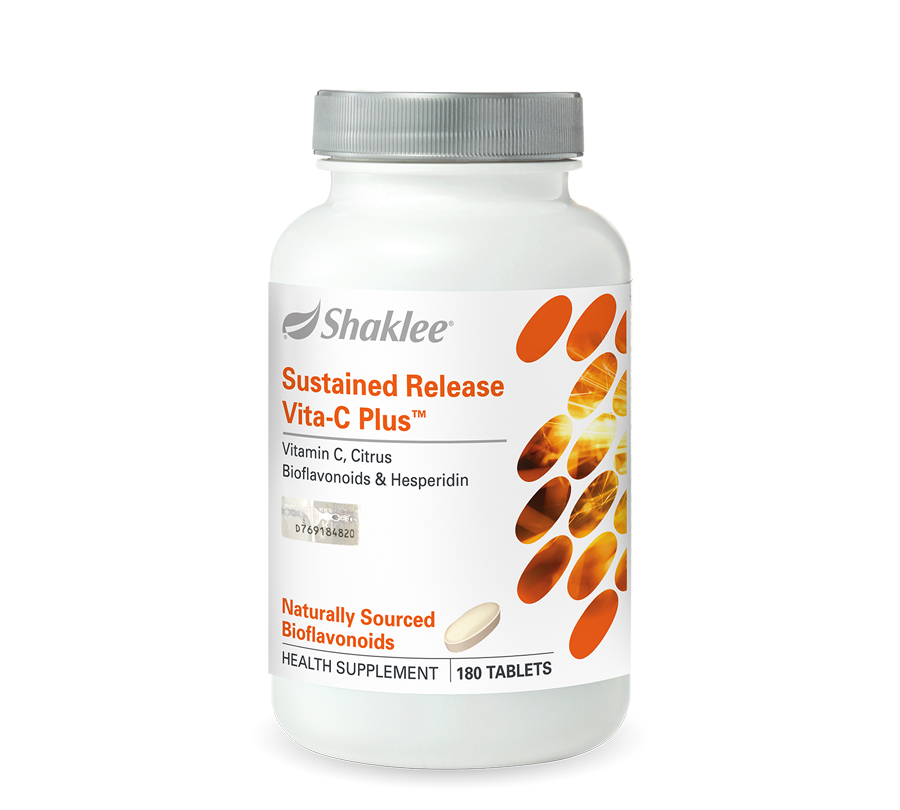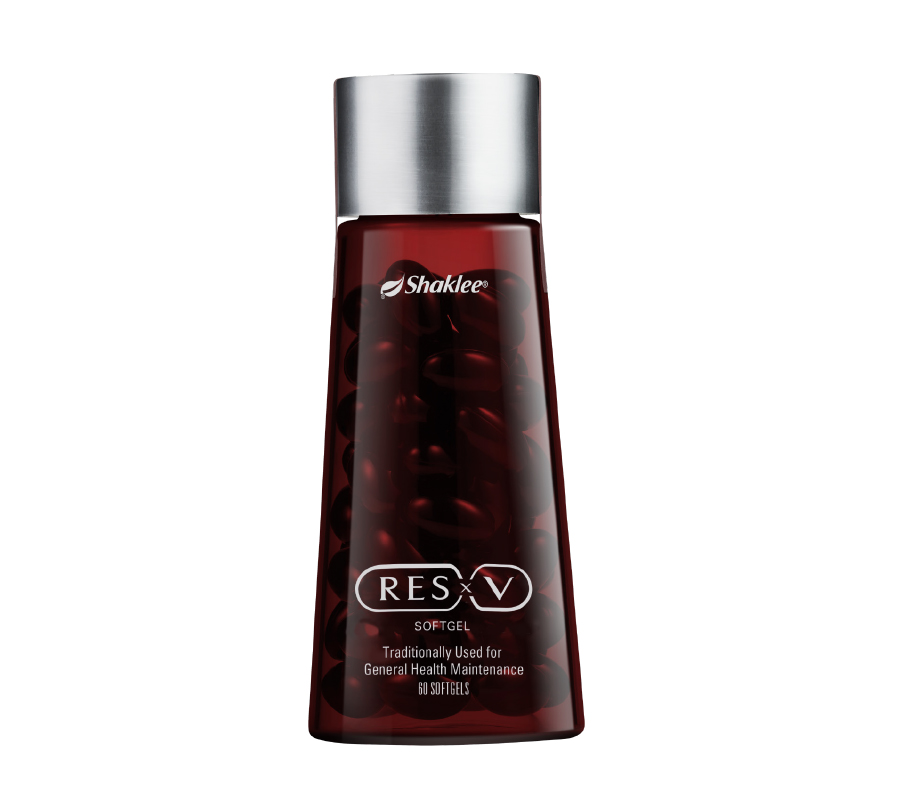4 Immunity Myths Busted!
4 Immunity Myths Busted!
With the rising Covid-19 cases and the discovery of Arcturus, the latest subvariant of Omicron, it’s vital for us to stay vigilant and protect ourselves. However, there are a lot of immune system myths out there about keeping yourself healthy. Here, we bust 4 of them.
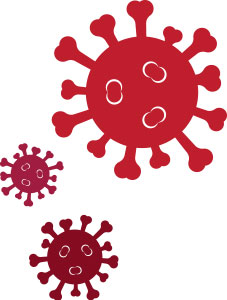
Myth #1 Flu is a virus, cold is a bacteria
FACT
Cold and flu are both caused by viruses. There are over 200 unique strains of the cold virus and flu viruses that mutate and change every year. Hence it is always important to continuously ensure that our immune system is at its optimum level.

Myth #3 You are only contagious when you have the cold or flu symptoms
FACT
When you have a cold, you are highly contagious during the first three days (especially during the sore throat phase) and you are most likely to spread the virus between five to seven days from when you first contracted the flu. The virus can be transmitted either by you touching your nose or mouth and subsequently touching another surface such as doorknobs and phones, or simply by coughing
or sneezing.

Myth #2 Flu is harmless
FACT
Most cases of flu and cold get better with treatment. However, if left untreated, it could be detrimental to the health of the high risk group such as babies below one year old, the elderly who are above 65 years old, pregnant women, obese or those with a weak immune system. According to the Centers for Disease Control and Prevention (CDC), up to 49,000 people die from flu (depending on the severity, the spread and the type of flu virus) each year.
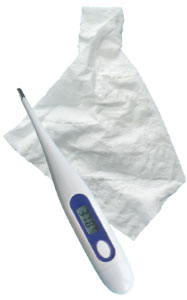
Myth #4 Once you have the flu, you won’t have it again for that season or period
FACT
You may not get the same cold or flu once you have had it, but that does not mean that you will not fall prey to another strain of virus. There are many multiple types of cold and flu viruses circulating in the air and it’s possible for you to be temporarily immune to one strain and yet be infected with another strain.
Prevent Virus Infection with these must-have nutrients!

Vitamin C increase the number of antibodies.
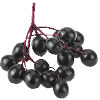
Elderberry extracts boost immune response.
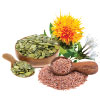
Pumpkin seeds, safflower flowers, plantago seeds and Japanese honeysuckle flowers to safeguard the body.

Polyphenols enhance immune system functions against infections





